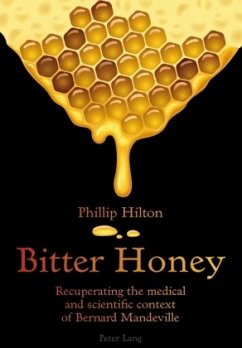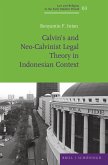This is a bold, often provocative interpretation of a neglected classic on depression, originally written by the notorious Bernard Mandeville (1670-1733) for his patients. It makes the case that Mandeville's Treatise was a milestone of experimental literature that blended satire with science and used comedy for the relief of madness. The study recounts the culture of the Augustan virtuosi in fascinating detail: the atomic foundations of a forgotten neo-Epicurean theory for the human craving for luxury, Baconian 'initiative literature' (his ideal form of scientific literature), the danger of being driven mad by reading, the use of satire as a prophylactic against derangement and the importance of satire for science. It also proposes that Mandeville may possibly have been influenced by Gnostic and Manichaean thought. Readers who are familiar with The Fable of the Bees and Mandeville's reputation as a champion of the effects of egotism may be surprised by the account of Mandeville'sbitter criticisms of the selfishness of his professional colleagues, a selfishness that left no public benefits to atone for private vice. As baroque as its subject, this is essential reading for anyone with an interest in Mandeville, early modern English literature or the culture of Enlightenment science and medicine.
Bitte wählen Sie Ihr Anliegen aus.
Rechnungen
Retourenschein anfordern
Bestellstatus
Storno








